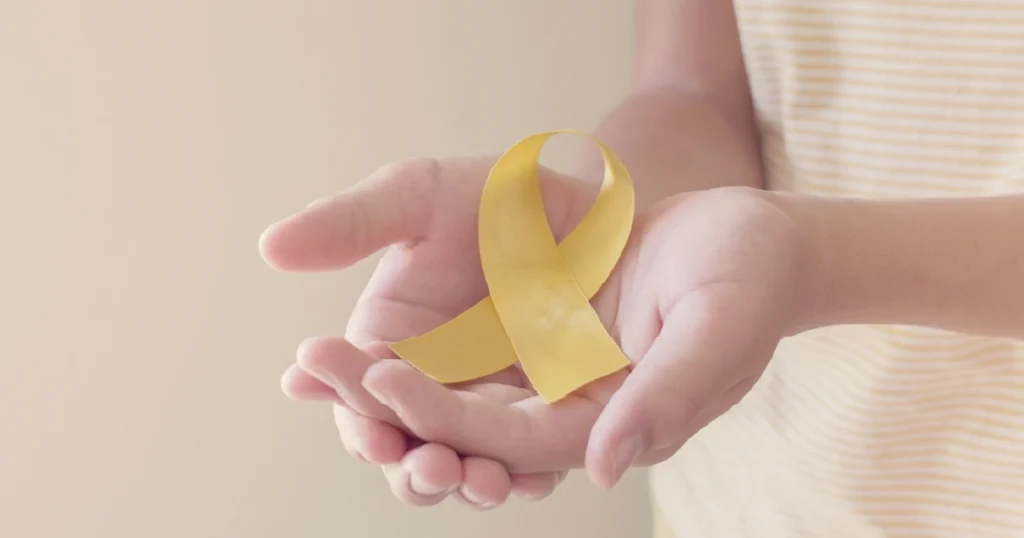Introduction
Antibiotics revolutionized medicine, saving millions of lives and turning once-deadly infections into curable diseases. Yet, decades of misuse have brought us to a crossroads where the power of these miracle drugs is fading. What was once a guaranteed cure now risks becoming a gamble.
The heart of the issue lies in how we use them. Responsible Antibiotic Use is no longer a choice—it’s a global necessity. Every prescription carries weight, and every unnecessary dose fuels resistance. When we move from blind prescription to careful precision, we preserve not just antibiotics but the trust between medicine and life itself.
So the question remains: are we treating infections wisely—or carelessly endangering our best defenses?
A Growing Resistance
According to the World Health Organization (WHO), antimicrobial resistance (AMR) causes 1.27 million deaths each year, with millions more affected by infections that no longer respond to treatment [1]. If unchecked, experts warn that by 2050, AMR could cause 10 million deaths annually and cost the global economy trillions [2].
The misuse of antibiotics—through overprescription, incomplete treatments, and unnecessary use in agriculture—has accelerated bacterial adaptation. In farms, antibiotics are often added to feed as a preventive measure, allowing resistant microbes to flourish and spread through water, soil, and food systems. The consequences stretch far beyond borders and species.
From Prescription to Precision
Antibiotics should never be a reflex. They should be a response guided by evidence and urgency. Prescription is giving medicine; precision is giving it wisely.
Advances in precision medicine and rapid diagnostics now make it possible to identify pathogens quickly and tailor treatments specifically to them. This prevents both overtreatment and exposure of harmless microbes to unnecessary drugs.
Every precise choice—right drug, right dose, right duration—reduces the chance of resistance emerging. Responsible prescribing turns medicine into stewardship, ensuring that antibiotics remain effective for the next generation.
Responsible Antibiotic Use: A Shared Duty
The One Health approach teaches us that antibiotic responsibility is not confined to hospitals. It extends to homes, farms, and industries.
To practice Responsible Antibiotic Use, we must:
- Follow prescriptions carefully: Always take the full course, even when symptoms improve.
- Avoid self-medication: Leftover antibiotics may be harmful or ineffective for new infections.
- Promote infection prevention: Good hygiene, clean water, and vaccination reduce antibiotic demand.
- Support responsible agriculture: Limit antibiotics in livestock to therapeutic purposes only.
- Educate globally: Awareness campaigns can shift behaviors that drive resistance.
When patients, doctors, and producers act together, the chain of misuse weakens—and the power of antibiotics strengthens.
Technology as an Ally
Science is giving new hope in the fight against resistance. Artificial intelligence helps predict infection trends and optimize prescriptions [3], while genomic sequencing identifies resistant strains before they spread. Digital tools in hospitals now track antibiotic use and flag potential overprescribing.
Globally, programs like GLASS (Global Antimicrobial Resistance and Use Surveillance System) are helping countries collect and share data to inform stronger policies [4]. These innovations are making healthcare smarter and more transparent—but technology alone cannot replace judgment. Precision depends on human choices guided by science.
The One Health Perspective
Resistance is not just a clinical issue—it’s ecological. Antibiotic residues from farms, factories, and hospitals flow into rivers and soil, fostering resistance in environmental microbes. Wildlife can carry resistant genes across regions.
A One Health approach bridges these systems, encouraging collaboration across medical, agricultural, and environmental sectors. Reducing waste, improving wastewater treatment, and regulating industrial discharges are as vital as prudent prescribing. The health of our planet and the potency of our medicines are deeply intertwined.
Conclusion
As bacteria evolve, our response must evolve faster. The survival of modern medicine depends on Responsible Antibiotic Use—precision guided by awareness, prevention, and collaboration.
Antibiotics are finite. Once resistance takes hold, recovery is slow, costly, and uncertain. By treating these drugs as shared global resources, not disposable conveniences, we safeguard both human and planetary health.
The next time an antibiotic is prescribed, ask not just what it cures—but why it’s necessary. Because precision today protects the medicine of tomorrow.
References
- World Health Organization (WHO), 2023. Global Antimicrobial Resistance and Use Surveillance System (GLASS) Report 2023. Geneva: WHO. Available at: https://www.who.int/initiatives/glass
- O’Neill, J., 2016. Tackling Drug-Resistant Infections Globally: Final Report and Recommendations. London: HM Government. Available at: https://amr-review.org/sites/default/files/160518_Final%20paper_
with%20cover.pdf - Rawson, T.M., Ahmad, R., Toumazou, C., Georgiou, P., Holmes, A.H. and Cass, A.E.G., 2021. Artificial intelligence and antimicrobial stewardship: advancing precision in infection management. Nature Microbiology, 6, pp.1446–1456. Available at: https://pubmed.ncbi.nlm.nih.gov/34489546/
- Laxminarayan, R., Sridhar, D., Blaser, M., Wang, M. and Woolhouse, M., 2020. Achieving global targets for antimicrobial resistance. Science, 367(6475), p.eaaw9256. Available at: https://doi.org/10.1126/science.aaw9256













